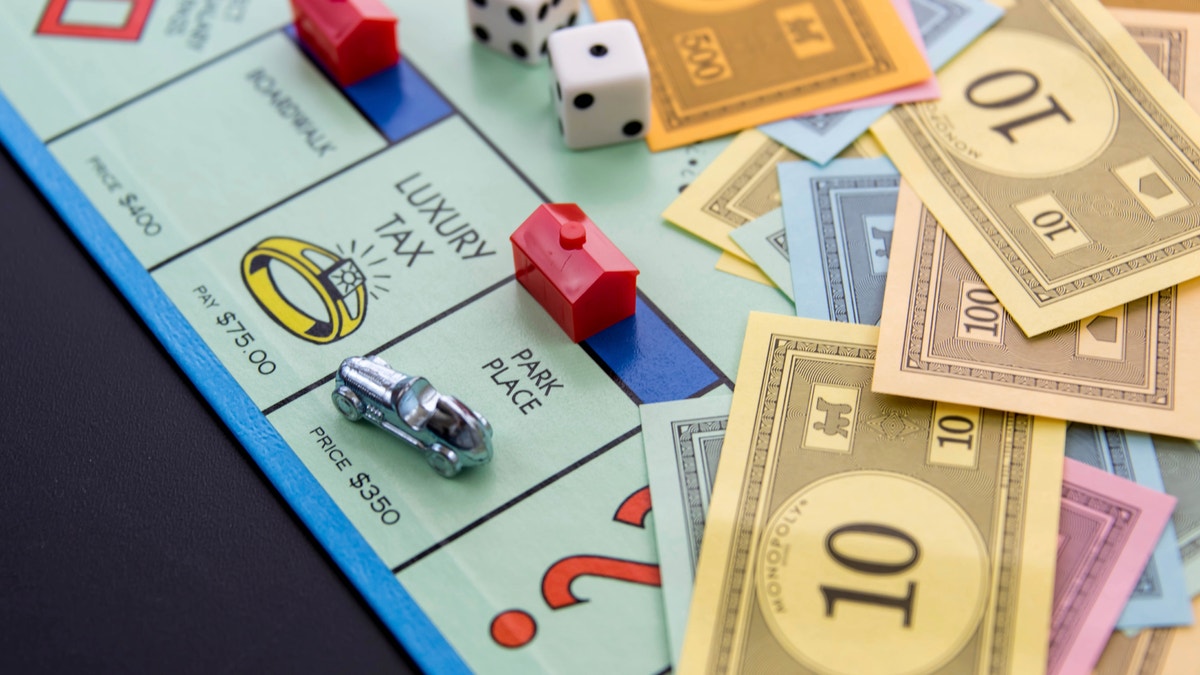
(Casey E Martin)
As we embark on the opening rounds of Monopoly, Theo, my 7-year-old, is confident. “I’m beating you, mama,” he crows when I land on his railroad. For the first time, I see in my son a worthy adversary. I start to play, for real.
I buy Boardwalk and Park Place and load them with hotels. He makes bad decisions and has bad luck and in eight turns he’s nearly broke. Tears flood his eyes. “How about a loan?”
He shakes his head. “It’s over.”
My husband tells me I should have given Theo a last-ditch strategy to win the game. He lost the last time he played our son. “It’s OK,” he says. “He saw me lose. We all lose.”
During the holidays, families gravitate toward playing board games, relishing the memories that are created around mild competition. Conflicting parental philosophies can make even a simple game complex. On the one hand, children must be supported. On the other, the world is a tough place, and losing is vital to developing the resilience and grit necessary to succeed.
“Everyone remembers the kid in the playground who kicked the ball into the woods when he lost the game,” says Matthew Biel, a pediatric psychiatrist at Georgetown University Medical Center. “That kid wasn’t given the skills to recover from failure. You don’t want to be that kid.”
Click for more from The Wall Street Journal.